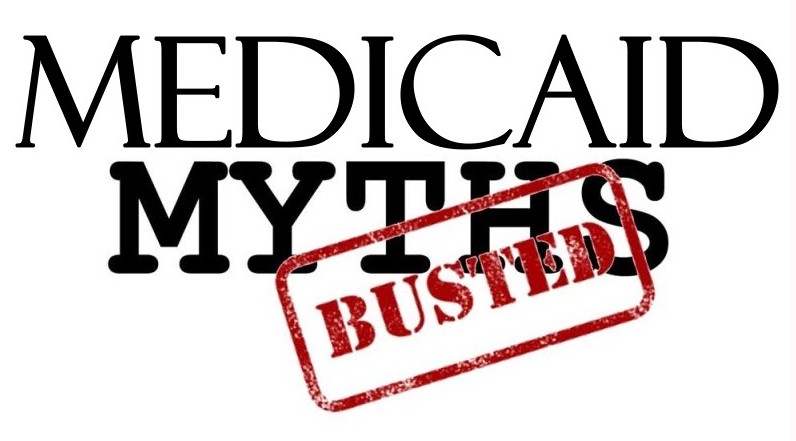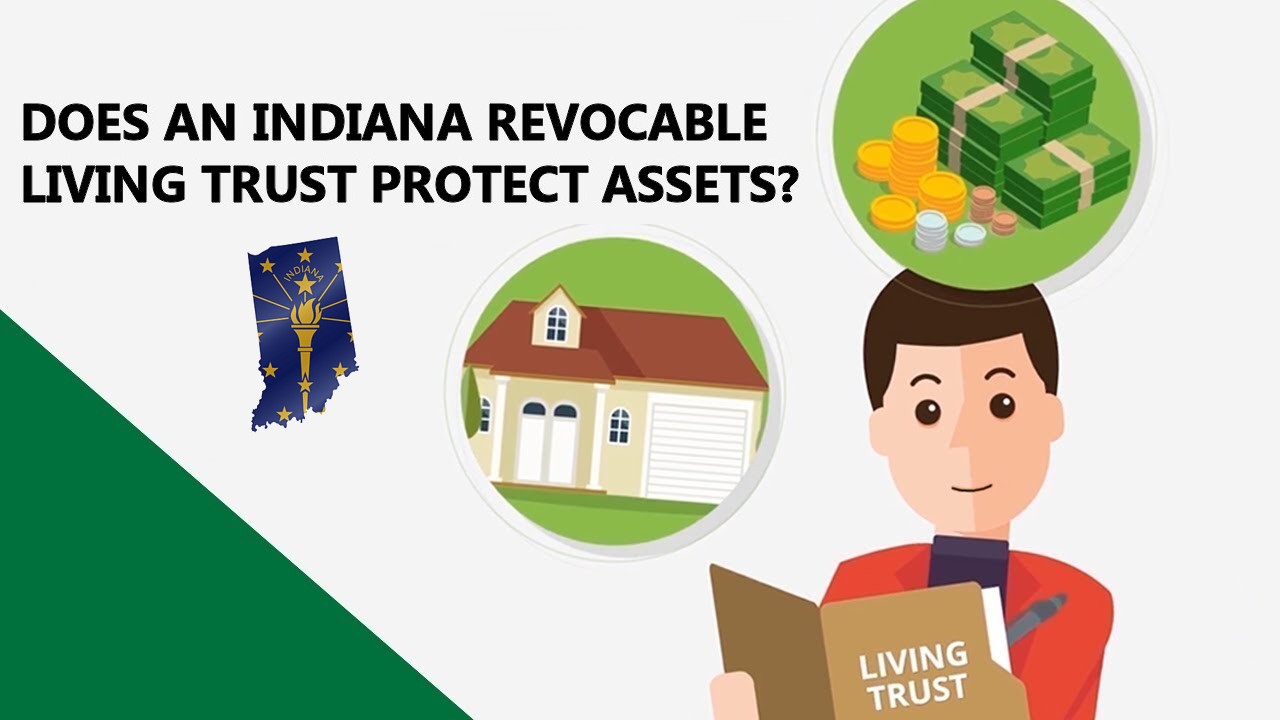If I had a nickel for every time a client told me that they had received bad information about how Nursing Home Medicaid works, I might have saved enough by now to afford one full day at a nursing home! As you consider your own, or a loved one’s, options while navigating through a long-term care and financial crisis, it is important to know the truth about some common Nursing Home Medicaid Myths. It is
The process of finding the right nursing home for a loved one can be daunting. Since the decision can be so overwhelming and is often made amid very stressful circumstances, many clients tell me they don’t even know where to begin. Here are the steps that I suggest for those faced with making this difficult decision: Define Your Criteria: Determine what factors are most important to you and your loved one. Consider aspects like location,
A durable power of attorney is a legal document that allows you to appoint another person, called an agent or attorney-in-fact, to act on your behalf in financial, legal, or health care matters. A durable power of attorney remains valid even if you become incapacitated under a durable power of attorney. There may be several distinct reasons why you may want to revoke your durable power of attorney, such as: • You no longer trust or
A revocable living trust is a type of trust that you can create and change at any time. You can also access and use the assets in the trust as you wish. A revocable trust can have some benefits, such as avoiding probate, maintaining privacy, and managing your assets in case of incapacity. However, a revocable trust generally does not protect your assets from creditors or lawsuits, either during your lifetime or after your death.
Estate planning is the legal process of arranging your affairs to ensure that your assets are distributed according to your wishes after your death, which can include giving to others in need and/or charities. Estate planning can incorporate charitable giving, whether by legal documents drafted by an attorney, such as a Will or Trust, or by other direct means while living. Charitable giving can have many benefits, such as reducing your taxes, fulfilling personal values,





